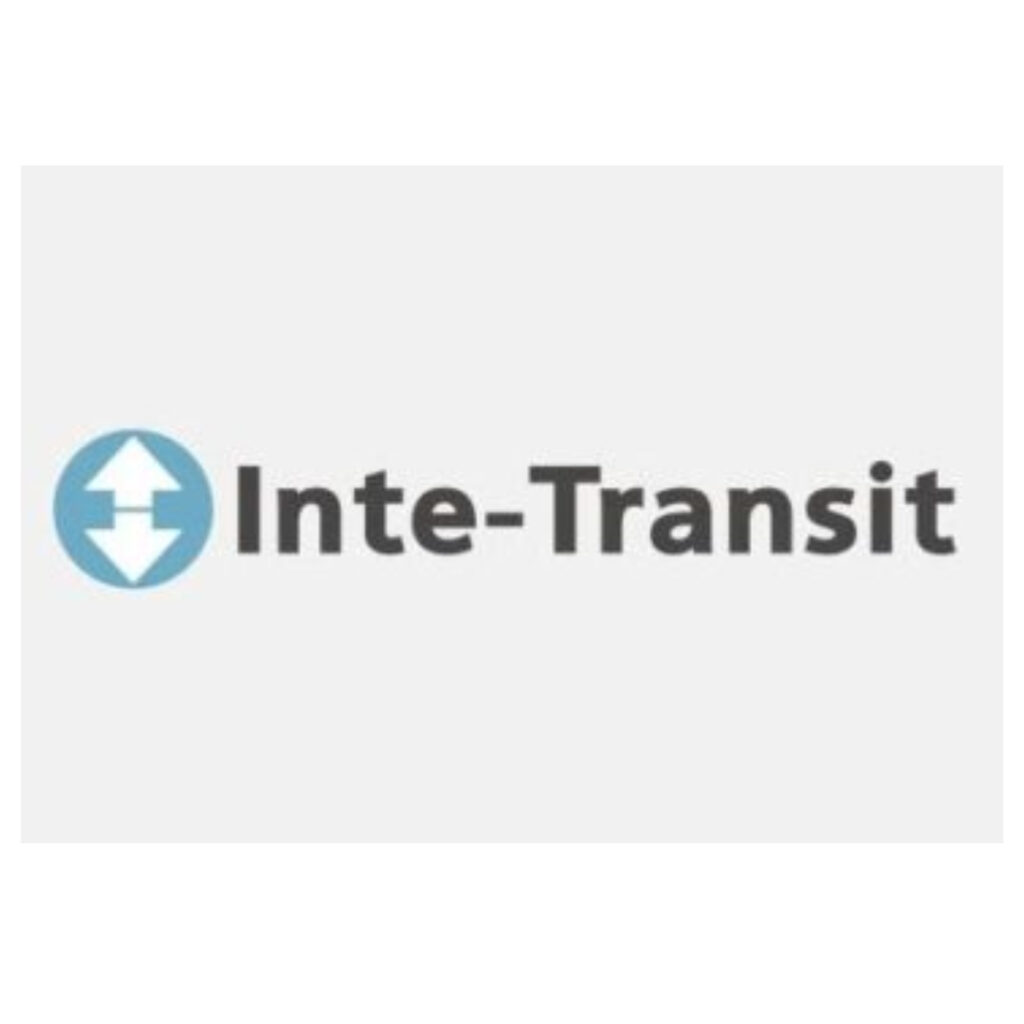Integrated and Interoperable Maritime Transit Management System
The Mediterranean (MED) Sea Basin has and will continue to be a vital space for circulation of goods with significance beyond the interest of countries directly involved. MED ports and maritime commerce handled through them have been a boost both for regional and European Economic development. Circulation of goods/capitals within the MED sea faces a number of challenges and under this general theme, INTE-TRANSIT will achieve better logistic organization of MED ports and their logistic activities areas – by making use of new ICT technologies- and establish a cooperation framework between relevant stakeholders in the MED countries for best practice exchange, cooperation and personnel training.
INTE-TRANSIT will aim to enhance information management systems currently used in ports and in their logistic activities areas through the definition of an integrated management model involving public and private organizations and devising a common and harmonized Mediterranean processes and indicators map. INTE-TRANSIT will also promote an ICT solution towards monitoring and positioning of port containers improving traceability, visibility and transparency of transport of goods in the MED.
ICT technologies (including interoperable web-platforms and emerging technologies such as RFIDs) have proven of great assistance to tackle MED/EU port challenges regarding logistics and communication systems. Their customized use in different ports has limited their effect. Hence, it is essential to develop a communication framework between ports, administrations, logistic activities areas, relevant operators and commercial stakeholders. Towards this direction, INTE-TRANSIT aims in a better organization of MED ports and their logistic activities areas and establish a cooperation framework between relevant stakeholders in MED countries for best practice exchange, cooperation and personnel training.
More specifically, INTE-TRANSIT will be focusing on the following:
– Strengthen communication links between i) ports and relevant authorities across the MED Basin, ii) all relevant actors in the maritime transfers and iii) ports and their logistic activities areas, through the use of modern ICT technologies that will be used to enhance information management systems;
– Define an integrated management model involving public and private organizations (in ports and their logistic activities areas) and devise a common and harmonized MED processes map and indicators. This will lead to more efficient ports interoperability and a relevant improvement of the flow of goods, cargo traceability, visibility and transparenc;
– Provide a training framework for ports and logistic areas personnel (administrative/managerial and labour workers). Training sessions will be provided towards the Ports, Port Authorities, Logistic Activities Areas Managers and Logistics partners, focusing on logistic/security frameworks, transportation tracking mechanisms, ports’ telematics infrastructures as well as modern ICT technologies towards improved communications/cooperations;
– Execute 5 pilot projects to demonstrate improvement of logistic systems and port operations using the proposed new INTE-TRANSIT technologies. Two different sets of pilots will be executed to the involved ports: 1. Application of ICT technologies on container/cargo tracking/monitoring, 2. electronic tool/platform to implement the management model designed including the scoreboard associated;
– Develop/execute a best practice exchange framework for exchange of experience within the project as a sustainable means of communication beyond the project. Exchange visits will be focusing on knowledge gaining and awareness development on port modules (logistic organization, enhanced goods traceability, improved quality assurance;
– Develop information awareness activities regarding dissemination towards results spreading to local and regional authorities and related target groups including project website, leaflets and poster, logo and the organization of 2 workshops.

